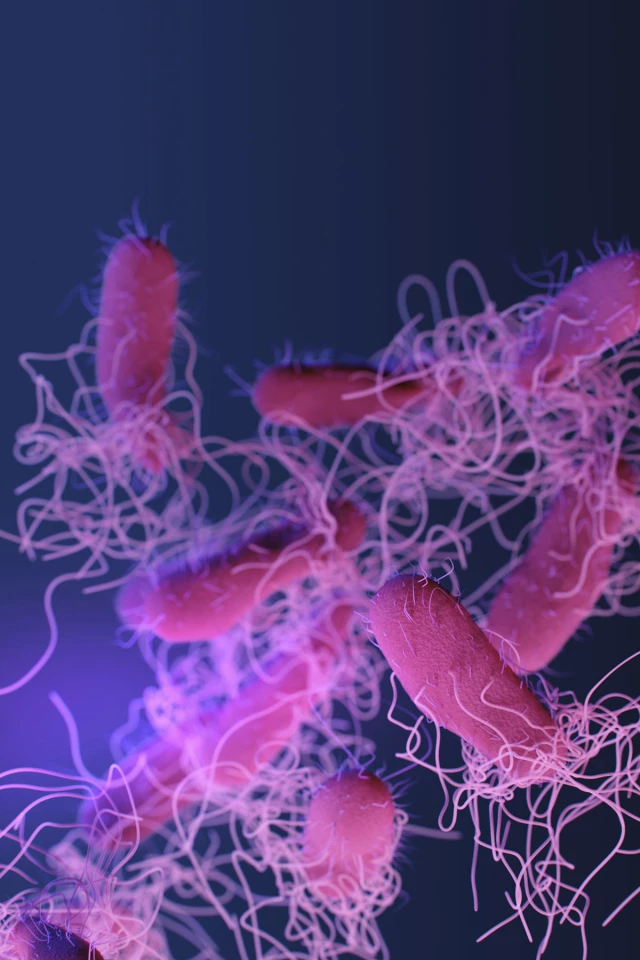You've probably heard that Salmonella is most commonly transmitted through food or water contaminated by the bacteria of the same name. A new study suggests that if you've got a pet dog, chances are you're susceptible to catching it from them, too.
The finding comes from Pennsylvania State University (PSU), where researchers discovered that pet dogs can be a transmission point for nontyphoidal, antibiotic-resistant Salmonella. That's notable because we don't often think of catching the infection from our beloved pets, and because dogs can carry the bacteria without telltale symptoms.
To recap, Salmonella is the most common form of bacterial food poisoning in the US, affecting more than a million people each year. Salmonella bacteria attack the cells that line your intestines and make it difficult for your body to absorb water. That can lead to stomach cramps; meanwhile, the water leaves your body in the form of diarrhea. You might also experience nausea, headaches, and fevers, and it could last for four to seven days.
“Especially with Salmonella, we think about the role of agriculture and transmission – we think about eggs, we think about beef," explained Sophia Kenney, a student in PSU's Department of Animal Science, who led the study. "But the thing is, we don't let cows sleep in our beds or lick our faces, but we do dogs. We have this close bond with companion animals in general, and we have a really close interface with dogs.
"So, we asked the question: What's the role of companion animals in transmission of zoonotic disease like Salmonella, since they can get it. Salmonella infections in dogs are not common but we’re aware of foodborne outbreaks related to pet treats or from contact with contaminated pet food and improper food handling.”
It was already known that humans could get Salmonella from infected animals, usually through unintentional contact with feces, or stroking a pet. This study, which was published online ahead of February's print edition of the journal Zoonoses and Public Health, looked at how Salmonella spread specifically from dogs in households, and what that could teach pet owners.

The researchers looked at two main sources of data:
First, they checked records from the US Food & Drug Administration’s veterinary network to find all cases of Salmonella in pet dogs from 2017 to 2023. This surfaced 87 cases.
Next, they looked for matching human cases in a national health database, focusing on cases that happened around the same time and place as the dog cases. They found 77 cases where the bacteria likely spread from dogs to humans, with a total of 164 bacterial strains from 17 different states.
So what can we take away from this? Study co-author and epidemiologist Nkuchia M’ikanatha explained that all it takes is maintaining cleanliness when you have a pet.
“This reminds us that simple hygiene practices such as hand washing are needed to protect both our furry friends and ourselves – our dogs are family but even the healthiest pup can carry Salmonella. With nearly 40% of Pennsylvania households and over half of US homes including dogs, we must respect the enduring threat of Salmonella and remain vigilant in preventing its spread within our families."

Yup, it really is as simple as remembering to wash your hands after playing or spending time with your dog.
Oh, and there's more going on in the battle against this all-too-common disease. In 2023, researchers in Canada devised a method to test food for Salmonella and deliver results within an hour. Hopefully, it'll be commercialized soon and adopted by poultry producers, supermarkets and other food businesses.
Source: Pennsylvania State University






